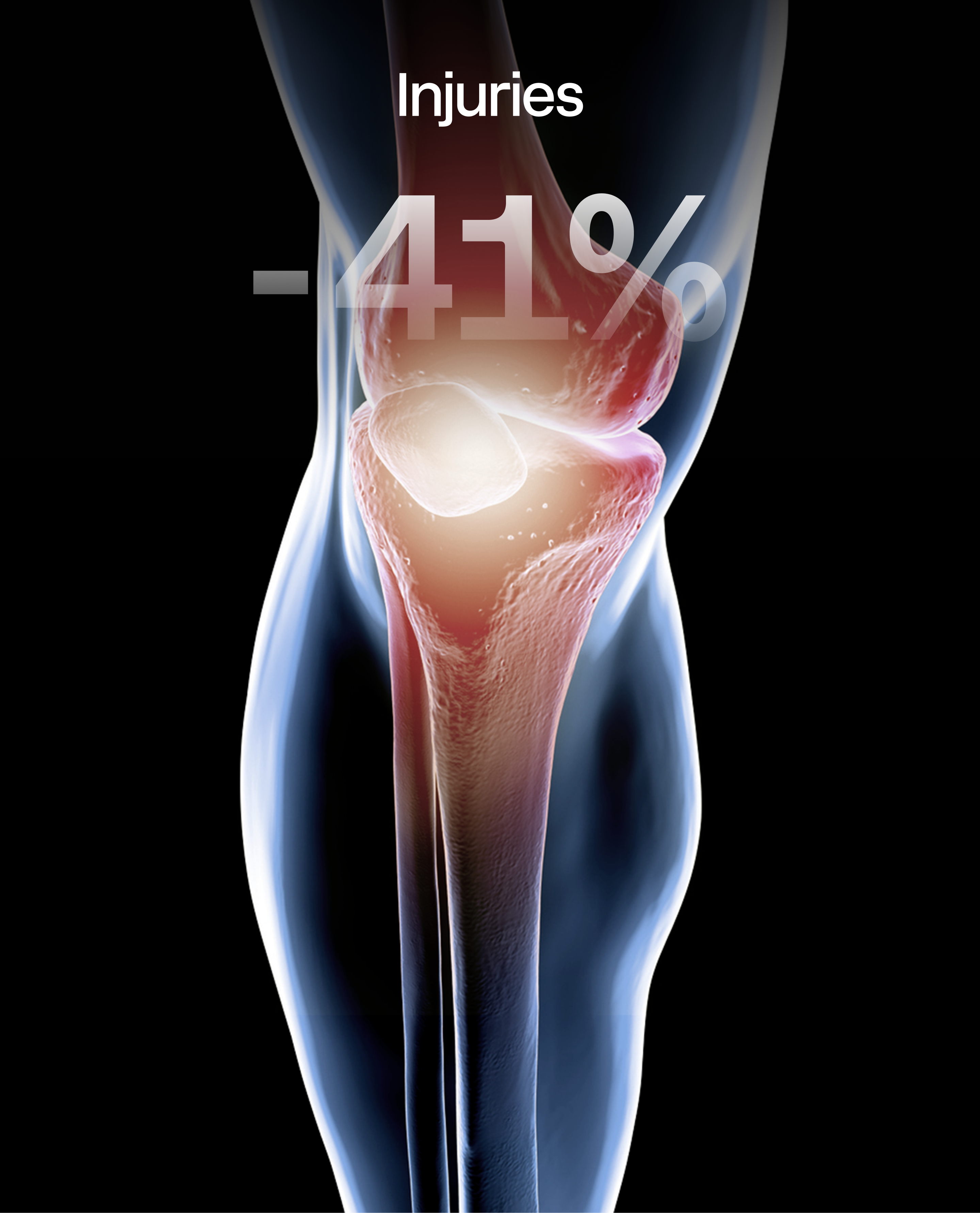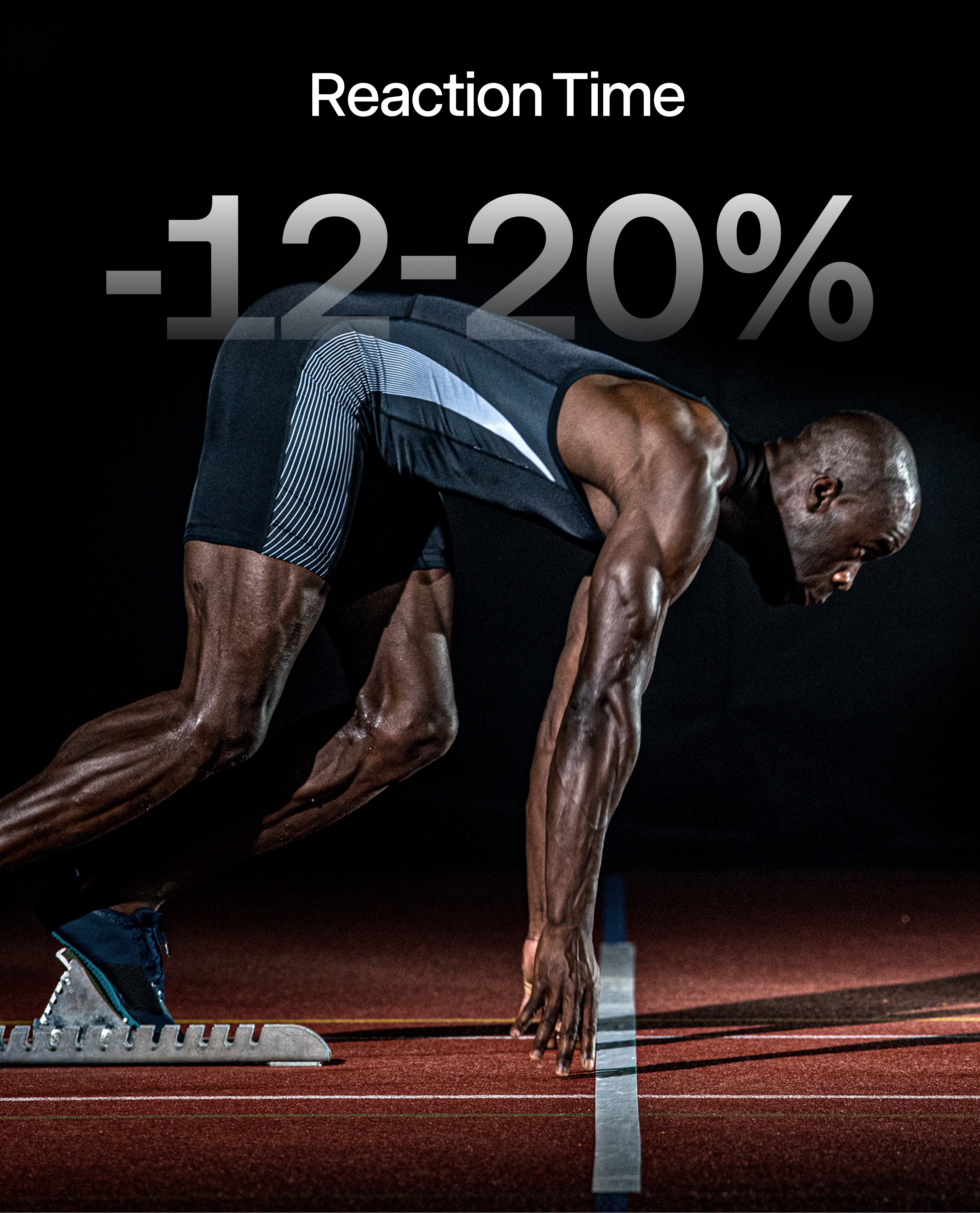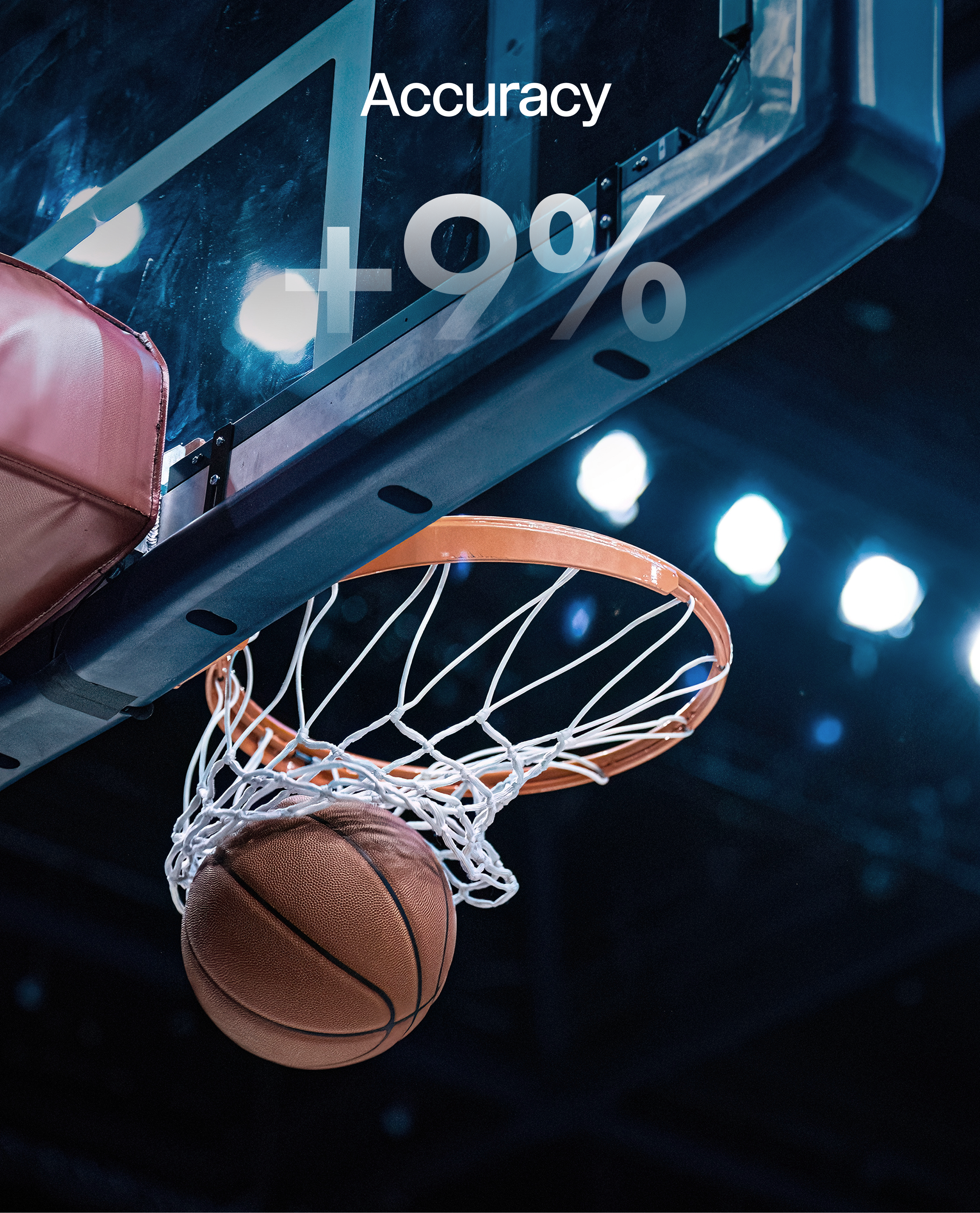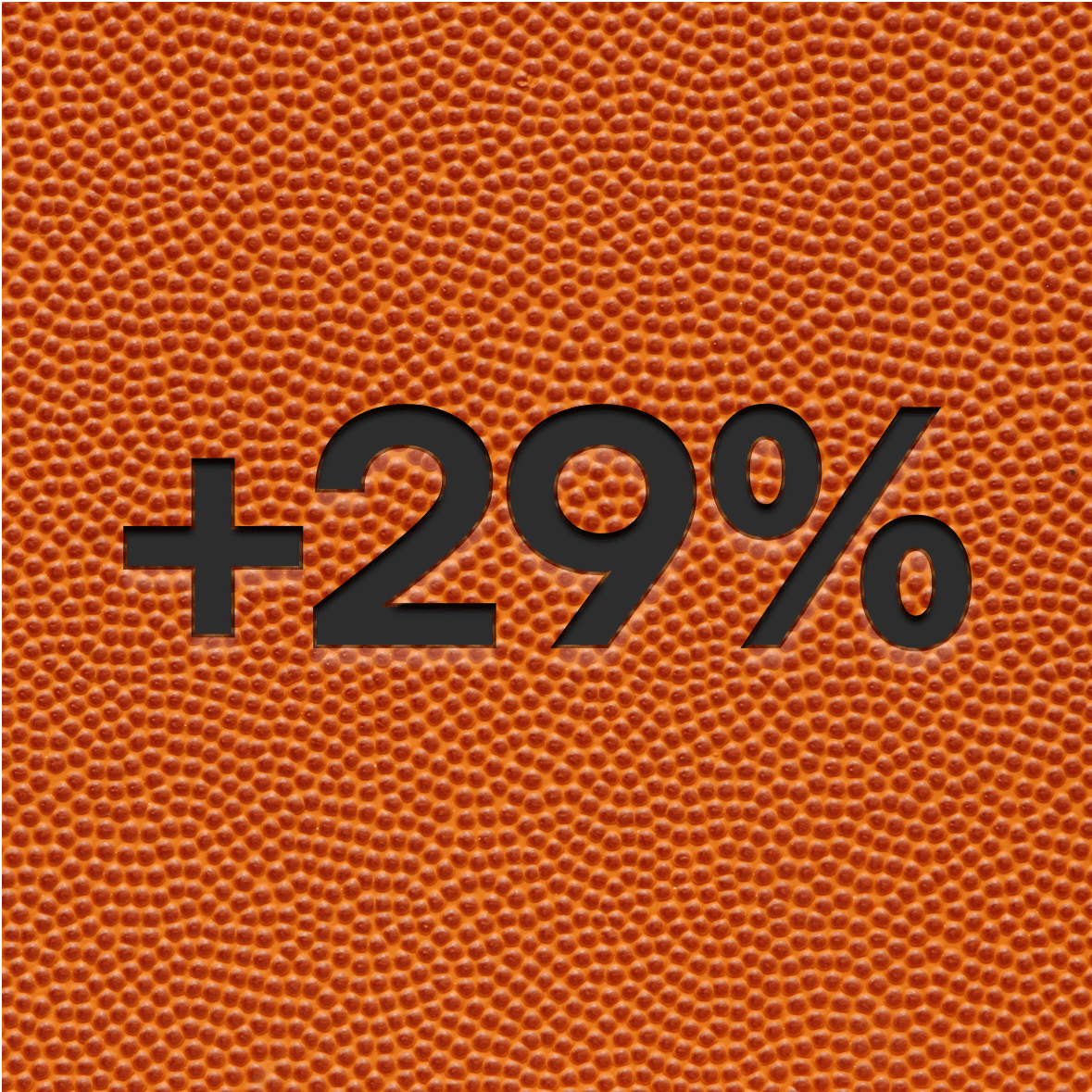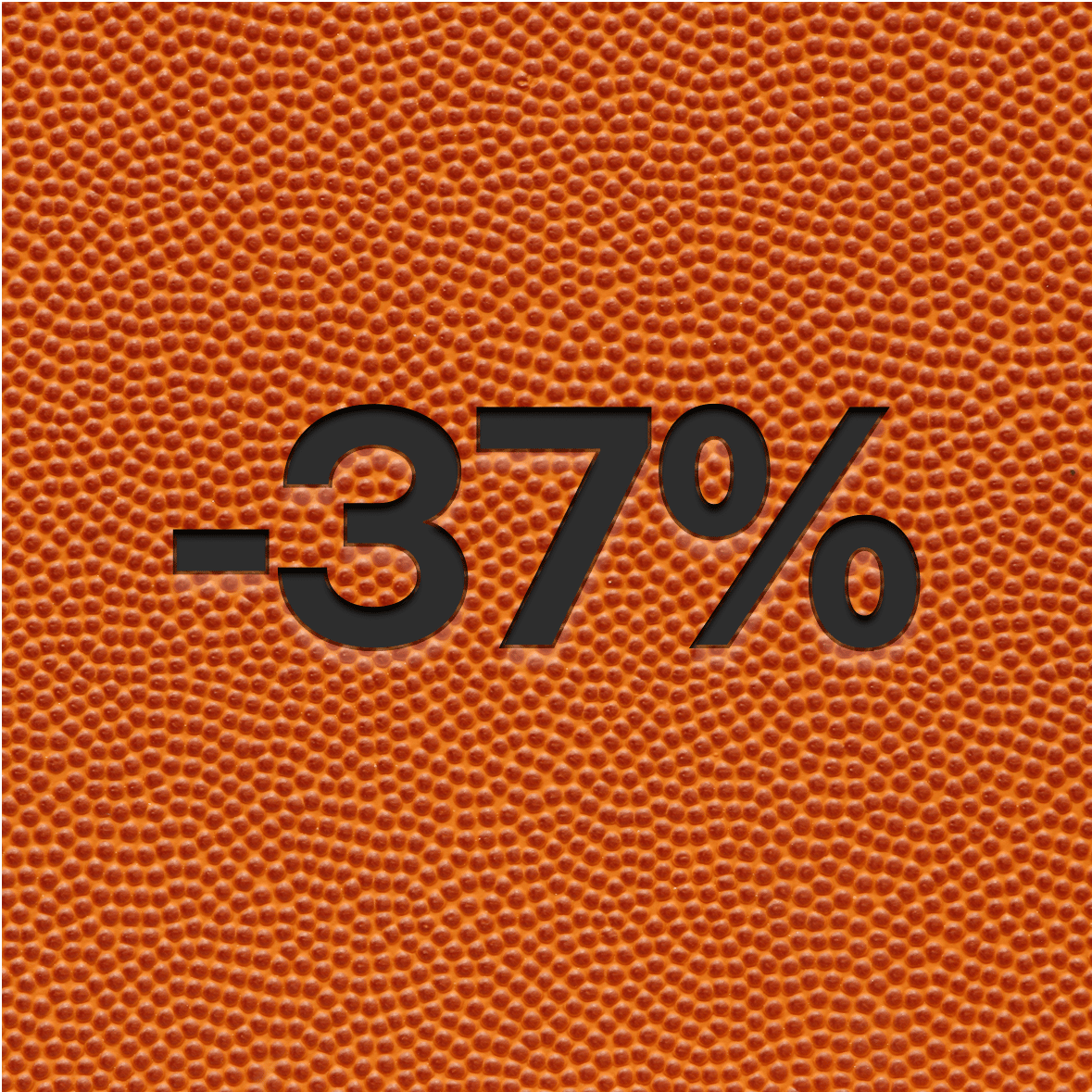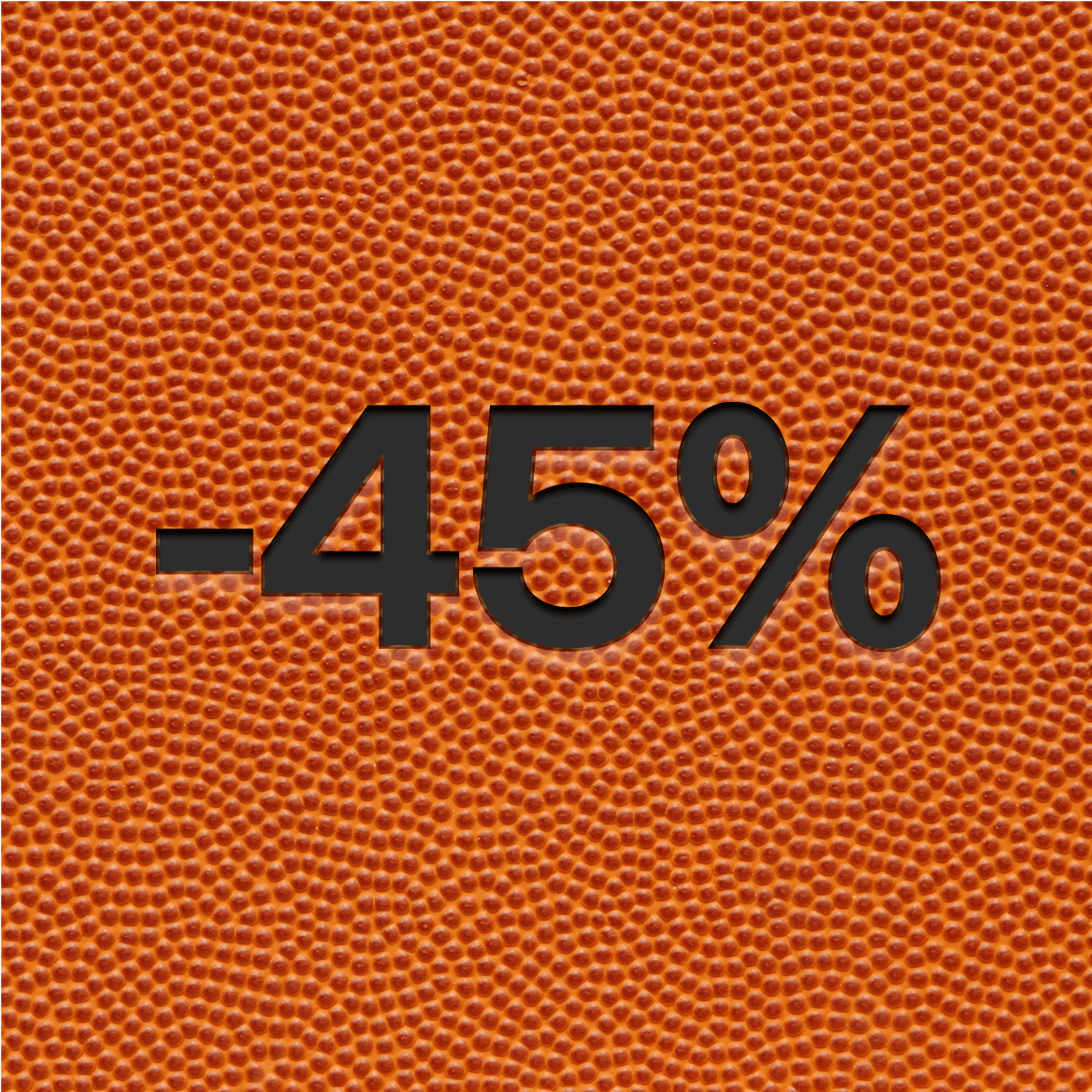
ATHLETES & FITNESS
Sleep for Peak Performance
Sleep shapes success, from training to recovery.
Try For FreeBenefits Backed by Science
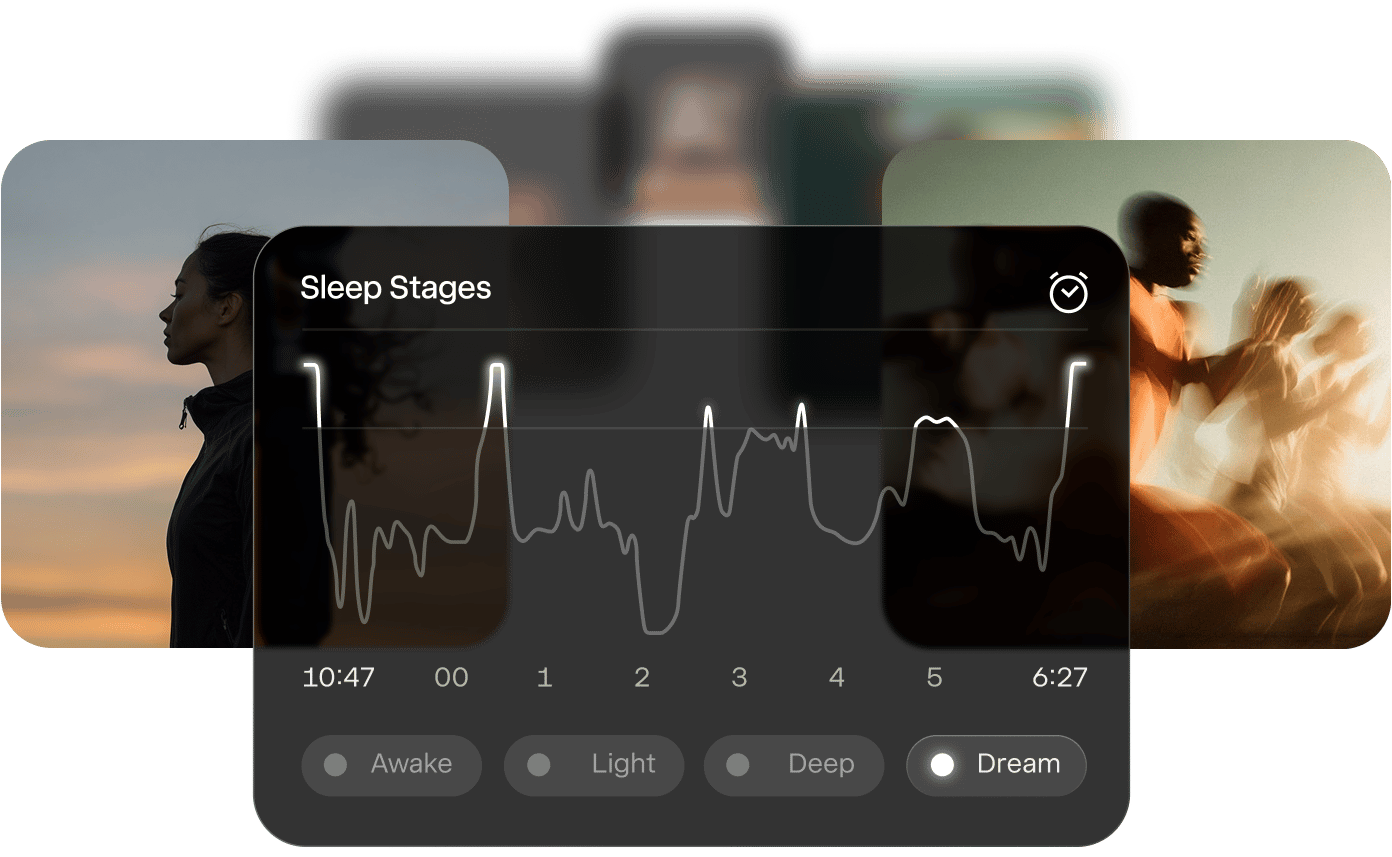
Sleep Smarter
With over 1 million nightly active users, Sleep Cycle combines science and technology to help you get the sleep you need to perform at your best.
The Iguodala Effect
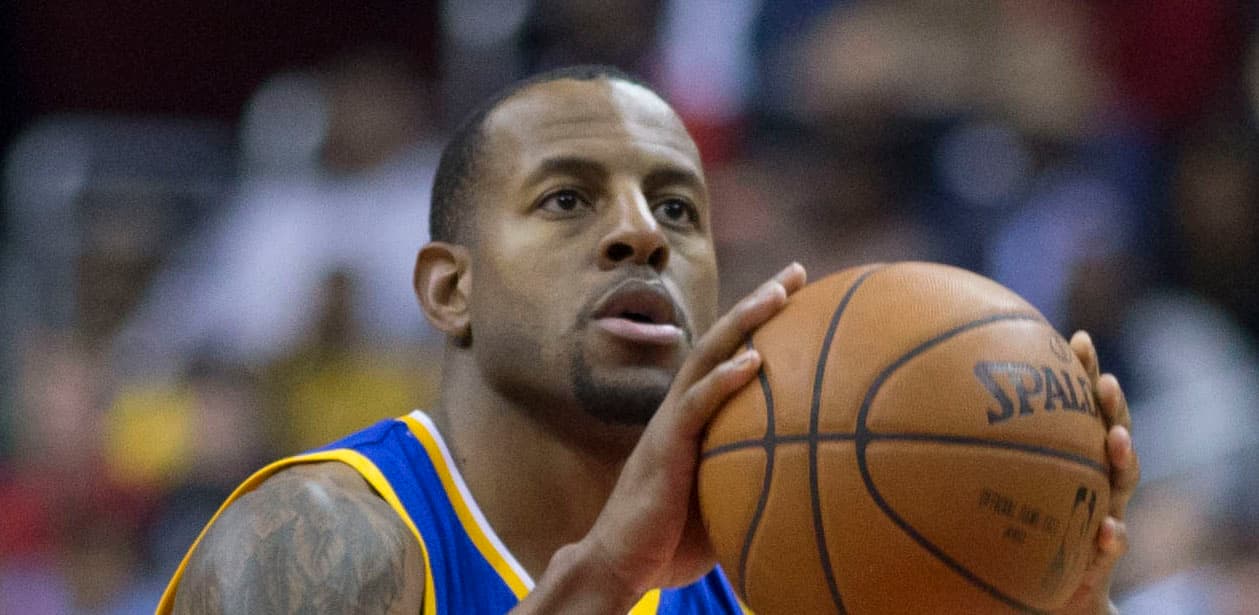
Image by Keith Allison from Hanover, MD, USA, via Wikimedia Commons
Andre Iguodala, a four-time NBA champion and Finals MVP, became a symbol of how sleep can transform performance. After improving his rest, he had sharper shooting, fewer fouls, and better efficiency. His story shows sleep’s potential, though no peer-reviewed study confirms a causal link.

Ray Jason – Hybrid Athlete
Running + Calisthenics + Lifting
Country: Germany
Training hours per week: 10–12 hours
Bedtime window: 11 pm.
Wake window: 7 am.
Highlights
Top 10 finish – Great Wall Marathon
TENNIS
Hit the Mark
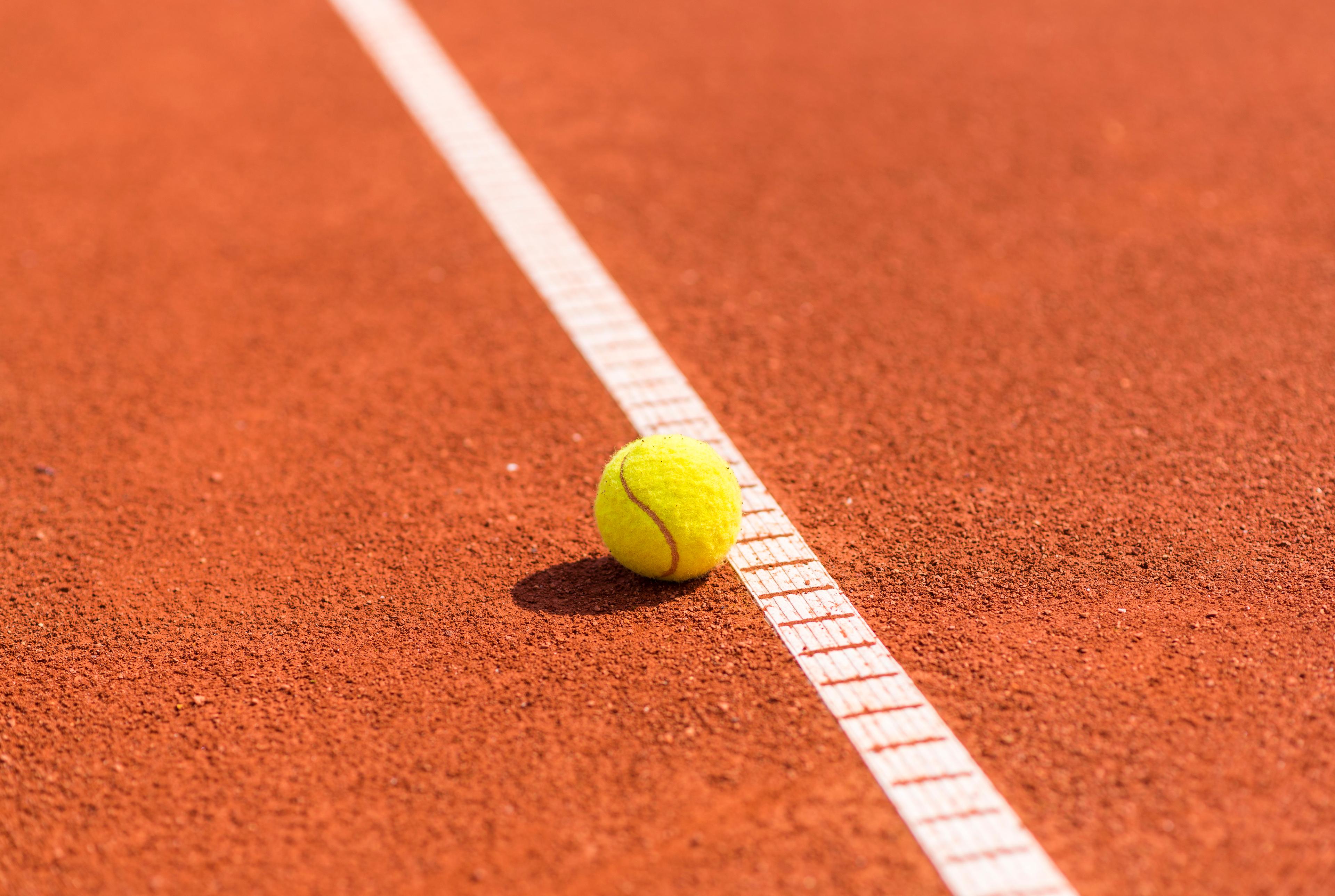
College varsity tennis players improved their serving accuracy by 17% after sleeping around 9 hours a night (including naps) for one week, which was around 1.9 hours more than normal.
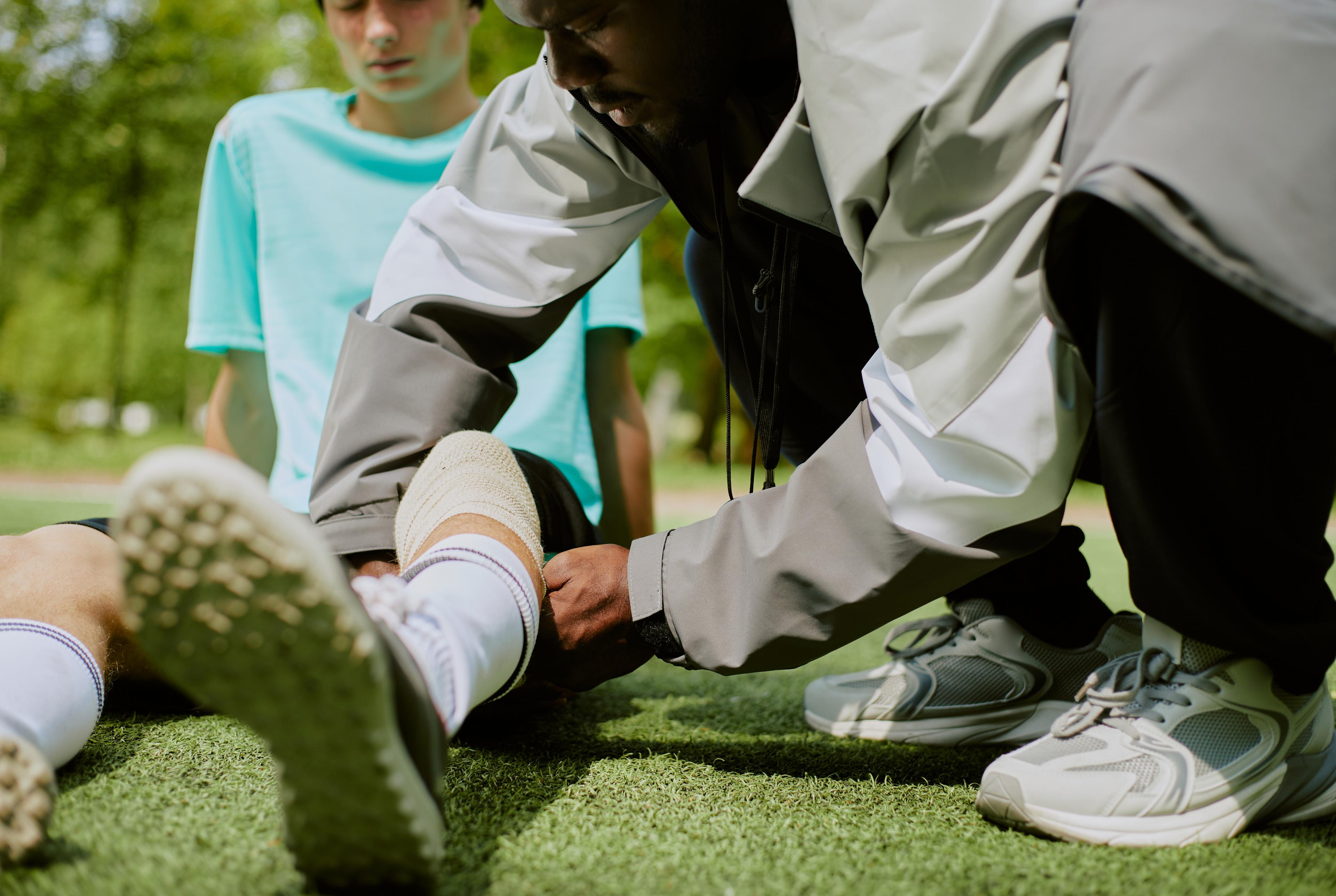
Rest Up or Risk Injury
Sleep supports reaction time, tissue repair, and neuromuscular control, so not getting enough removes a basic layer of protection. High-school athletes who sleep under 8 hours a night have a 70% higher risk of injury than those who get at least 8.
Research for Athletes
